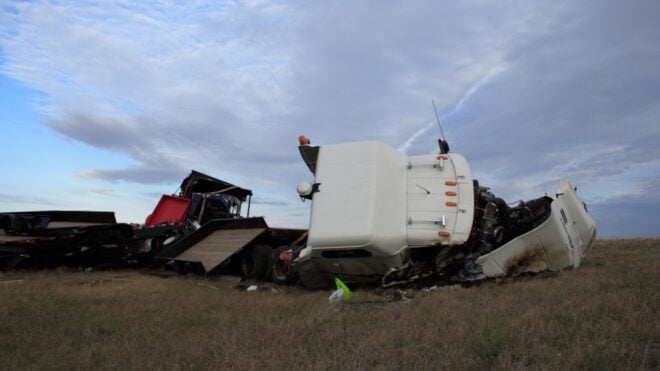
IVF patients in Alabama have a great deal of concern and fear as more providers pause treatments less than one week after the Alabama Supreme Court ruled that frozen embryos can be considered children.
As of February 22, 2024, at least three providers, one being a large, statewide health system, have paused in vitro fertilization procedures. One of the providers cited "legal risk," as the consequences for providing the treatments are currently unknown. The ruling has changed so many things for the families who were using IVF to have children.
In the ruling, the Alabama Supreme Court stated that frozen embryos qualify as people under state law. In the unprecedented decision, it ruled that "unborn children are 'children' … without exception based on developmental stage, physical location, or any other ancillary characteristics."
The case involved two couples who had sued a patient who had somehow accessed the freezer that stored frozen embryos at an Alabama fertility clinic. The patient picked up multiple embryos and then accidentally dropped them, causing them to be destroyed. The Supreme Court ruled that the person could be held liable in a wrongful death lawsuit.
More from LittleThings: Mom Transfers Embryos After IVF, Finds Out She Is Pregnant, And Ends Up Welcoming Triplets
Upon announcing its decision to pause IVF treatments, the UAB Health System shared concerns that its providers could be "prosecuted criminally" based on the court's ruling. "We are saddened that this will impact our patients' attempt to have a baby through IVF," it stated. "But we must evaluate the potential that our patients and our physicians could be prosecuted criminally or face punitive damages for following the standard of care for IVF treatments."
Alabama Fertility Specialists also delivered a note to its patients announcing that IVF treatments would be paused and citing the "legal risk" associated with the ruling. "We have made the impossibly difficult decision to hold new IVF treatments due to the legal risk to our clinic and our embryologists," it read. "We are contacting patients that will be affected today to find solutions for them and we are working as hard as we can to alert our legislators as to the far reaching negative impact of this ruling on the women of Alabama."
Women, like Alabama resident Rebecca Matthews, who had two children with the help of IVF, are deeply concerned. After she and her husband suffered multiple miscarriages, they turned IVF and had multiple embryos frozen to maximize their likelihood of getting pregnant. Now, they fear what could happen to the embryos and are even afraid of being charged with a crime if they choose to discard of them.
Dr. Mamie McLean, an infertility specialist at Alabama Fertility in Birmingham and the doctor who treated Rebecca, shared that the ruling has left her with more open questions than answers. "We're concerned that this ruling has far-reaching consequences for what we feel is safe to freeze and safe to discard," she said. "This ruling is so incomplete and it leaves those of us who are sitting face to face with patients … with the inability to comment on what is safe and what is legal for them right now."
Another provider, Infirmary Health's Center for Reproductive Medicine in Mobile, says that it was left with "no choice" after the court's ruling. "The recent Alabama Supreme Court decision has sadly left us with no choice but to pause IVF treatments for patients," Mark Nix, the president and CEO, noted in a statement. "We understand the burden this places on deserving families who want to bring babies into this world and who have no alternative options for conceiving."
Due to the ruling, some are considering traveling out of state for IVF treatments, yet worry about legal implications. "What I'm really concerned about though is could we legally retrieve our embryos?" Alabama resident Matt Clary said, adding that he and his wife don't know if they can even legally move their embryos to another state. "That's the limbo that we're living in right now."




